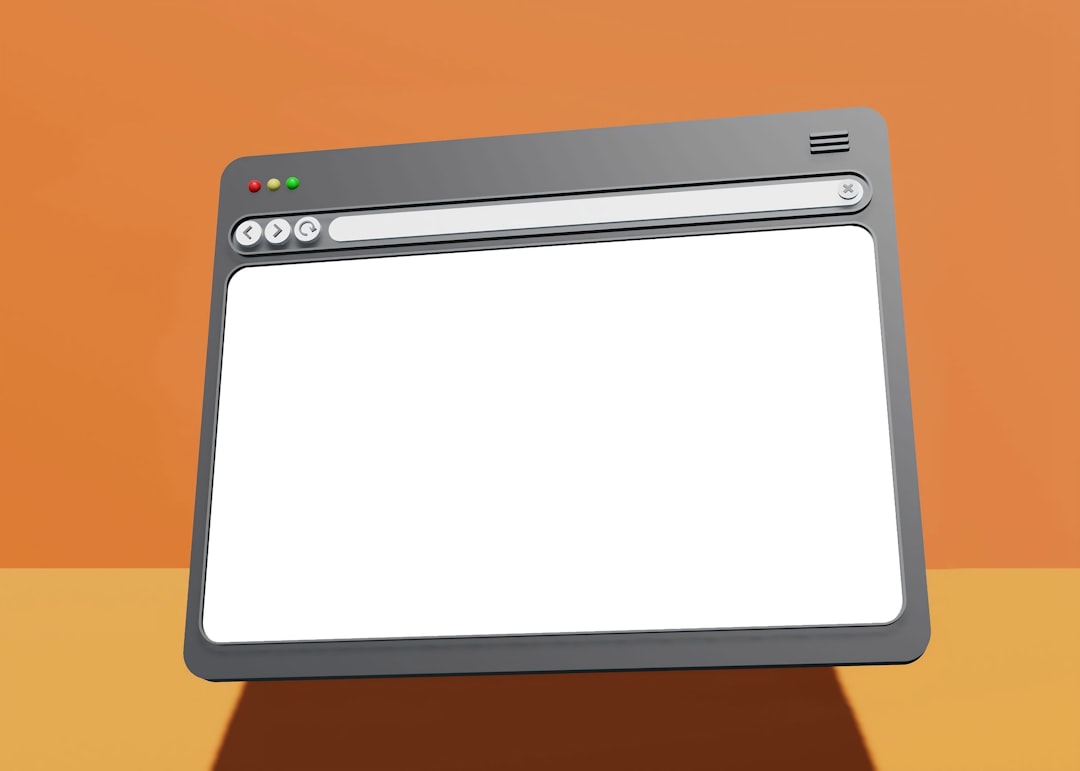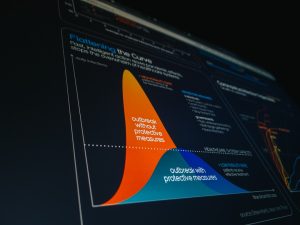
The world of Learning Management Systems (LMS) has evolved significantly in the last decade with numerous platforms leading the charge in providing robust, customizable learning environments. As organizations seek more than just content delivery, industry-specific certifications and strategic partnerships have become vital differentiators among the top LMS providers. Certifications signify trust, security, and compliance, while partnerships open access to broader educational ecosystems and integrations.
Let’s take a deeper dive into the top 5 LMS platforms and explore the certifications and industry partnerships that set them apart.
1. Moodle
Moodle is one of the most popular open-source LMS platforms globally. Being open-source gives organizations flexibility, but also requires reassurance about security and standards. Moodle offers:
- ISO/IEC 27001 certification: This international standard focuses on information security management, a critical feature for education institutions handling sensitive student data.
- Certified Moodle Partners: Moodle works with a network of certified partners around the world who provide hosting, customization, and support services. These partners are vetted for quality and compliance.

2. Blackboard Learn
Blackboard Learn is widely adopted in higher education institutions and supports complex academic ecosystems. To uphold rigorous academic standards, Blackboard maintains several certifications:
- ISO 27001 and ISO 9001: These reflect a commitment to data security and quality management.
- Partnerships with academic institutions: Blackboard collaborates with hundreds of schools and universities and is part of key educational consortiums like IMS Global Learning Consortium.
- VPAT conformance: Ensures accessibility for users with disabilities in compliance with Section 508 standards.
3. Canvas (by Instructure)
Canvas has gained a strong reputation for its user-friendly interface and strong integration features. Its popularity within K–12 and higher education is supported by broad strategic partnerships and certifications:
- Ed-Fi Alliance Partnership: Canvas partners with this nonprofit to improve interoperability among education technology systems.
- LTI Advantage certification: Ensures smooth, secure integration with third-party tools using IMS Global standards.
- Privacy Shield Certification: Demonstrates compliance with international data protection requirements.

4. SAP Litmos
SAP Litmos is a favored LMS solution in the corporate learning space. Driven by enterprise-level needs, Litmos supports a wide array of industry-focused features and certifications:
- SCORM and xAPI compliance: Ensures tracking and reporting of learning modules across organizations.
- ISO 27001 certification: Adds trust for corporate clients managing employee training at scale.
- Partnership with SAP ecosystem: Seamless integration with SAP ERP tools grants Litmos a powerful edge in corporate implementations.
5. TalentLMS
TalentLMS is known for its simplicity, speed of deployment, and adaptability across sectors like healthcare, finance, and retail. It is a cloud LMS tailored to businesses of various sizes.
- GDPR compliance: Primarily useful to TalentLMS’s large European user base.
- ISO/IEC 27001 certification: Ensures secure information management, distinguishing it among SMB-friendly LMS platforms.
- Partnerships with content providers: TalentLMS collaborates with content libraries like OpenSesame and Skilla to expand training content availability.
Conclusion
As organizations increasingly prioritize data security, accessibility, and seamless integration in their LMS solutions, industry-specific certifications and strategic partnerships play a pivotal role. These credentials not only confirm that platforms can meet regulatory and compliance needs but also enhance learning effectiveness by integrating best-in-class tools and content.
Whether in education or business, selecting an LMS with the right certifications and partnerships can streamline onboarding, improve outcomes, and foster lasting user engagement.
Frequently Asked Questions
- Q: Why are certifications like ISO 27001 important in an LMS?
A: Certifications like ISO 27001 ensure that the LMS provider adheres to information security best practices, safeguarding sensitive data like user credentials and academic records. - Q: What is SCORM compliance and why does it matter?
A: SCORM (Sharable Content Object Reference Model) compliance enables standardized content delivery and tracking, which is essential for ensuring consistent learning experiences across different tools. - Q: Are LMS partnerships exclusive to educational institutions?
A: No, partnerships can also be industry-specific. For example, SAP Litmos partners with enterprise platforms, while TalentLMS works with content partners to deliver workplace-specific training modules. - Q: Do open-source LMS platforms offer the same level of certification?
A: While base platforms like Moodle are open-source, certified partners offer services that meet various industry certifications, ensuring compliance and security.






